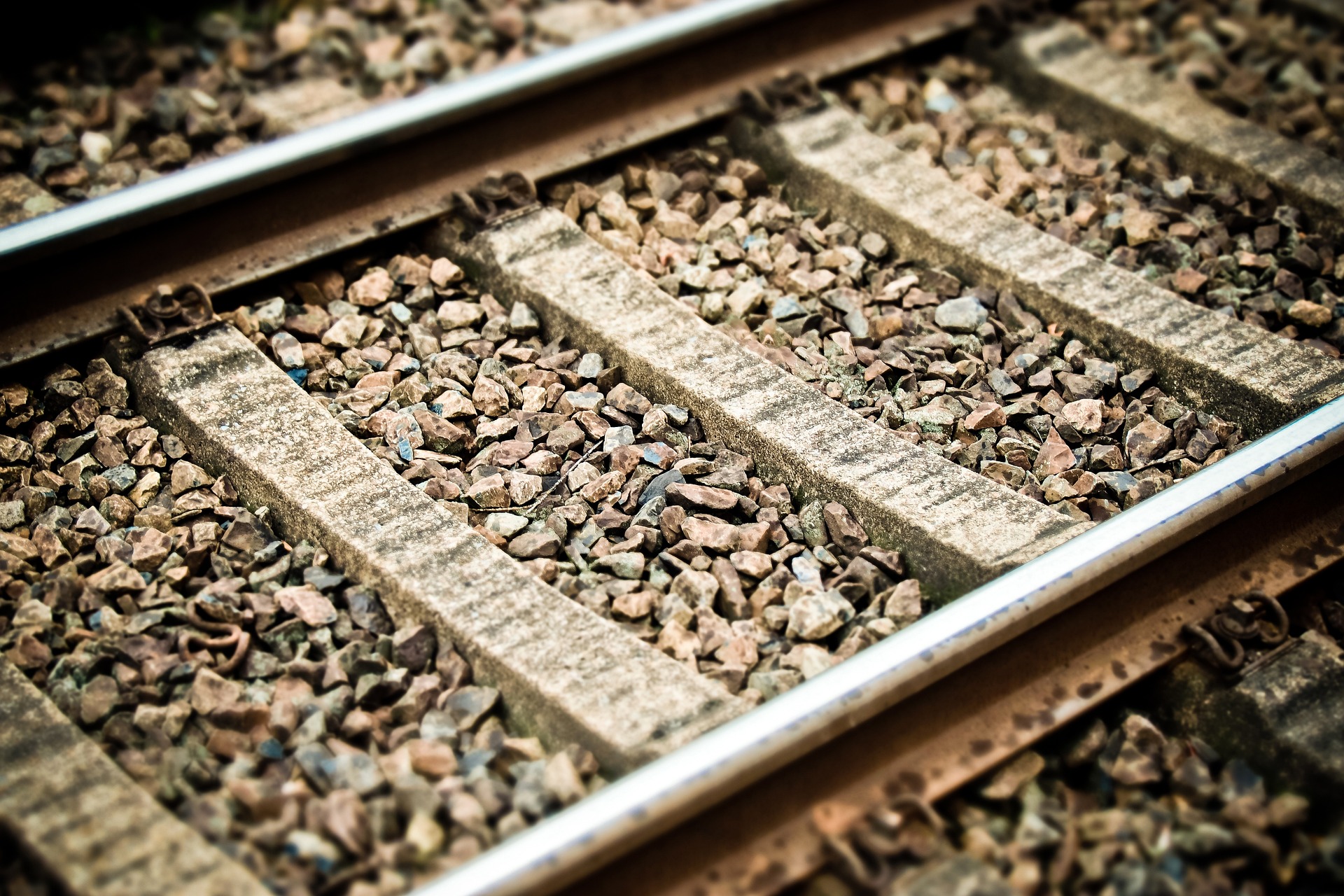
ΑΙhub.org
Explainable AI for detecting and monitoring infrastructure defects

By Sandrine Perroud
AI can help improve railway safety by enabling automated inspections of tracks, crossties, ballasts and retaining walls. Researchers at EPFL’s Intelligent Maintenance and Operations Systems (IMOS) Laboratory have developed an AI-driven method that improves the efficiency of crack detection in concrete structures. Their research, recently published in Automation in Construction, introduces a novel method that employs explainable artificial intelligence, or a form of AI which allows users to understand the basis of AI decisions.
“We trained an algorithm to differentiate between images with and without cracks in concrete walls [a binary classification task] by feeding it hundreds of image samples from both categories. Then we asked the algorithm to highlight which pixels it used to make its decision,” says Florent Forest, a scientist at the IMOS lab and the study’s lead author. The algorithm successfully identified the pixels corresponding to cracks. “With our approach, users can feed the algorithm images taken over several years of a section of railway – or of any other kind of infrastructure that’s inspected regularly – and ask it to quantify the severity of cracks in walls and crossties over time. This helps infrastructure operators plan their maintenance more effectively,” he says.
 Concrete crossties must be maintained by rail network operators.
Concrete crossties must be maintained by rail network operators.
Enhanced inspections
Currently, railway operators regularly inspect the condition of infrastructure such as retaining walls by using predefined criteria, where grades are assigned by experienced inspectors. However, this process is often prone to subjective evaluations and makes it difficult to track changes over time, especially when different inspectors assess the same section of infrastructure at different points in time.
Thanks to advancements in digitalization, railway operators can monitor track conditions using a specialized monitoring coach equipped with various measuring devices and side and floor cameras for the visual inspection of rails, concrete crossties and retaining walls. By using these AI-driven systems for damage severity quantification, the inspection process can be automated, making it more objective, accurate and easier to compare over time.
The EPFL research team will test its method on sections of railway between Zermatt and Brig and between Brig and Disentis. These sections include a number of retaining walls of different shapes and materials, making the task significantly challenging for the algorithm. The team has already collected drone images, along with those from the monitoring coach, and will use its AI algorithm to assist the railway operator in monitoring its infrastructure more frequently and systematically.
Read the work in full
From classification to segmentation with explainable AI: A study on crack detection and growth monitoring, Florent Forest, Hugo Porta, Devis Tuia and Olga Fink, Automation in Construction, September 2024.









